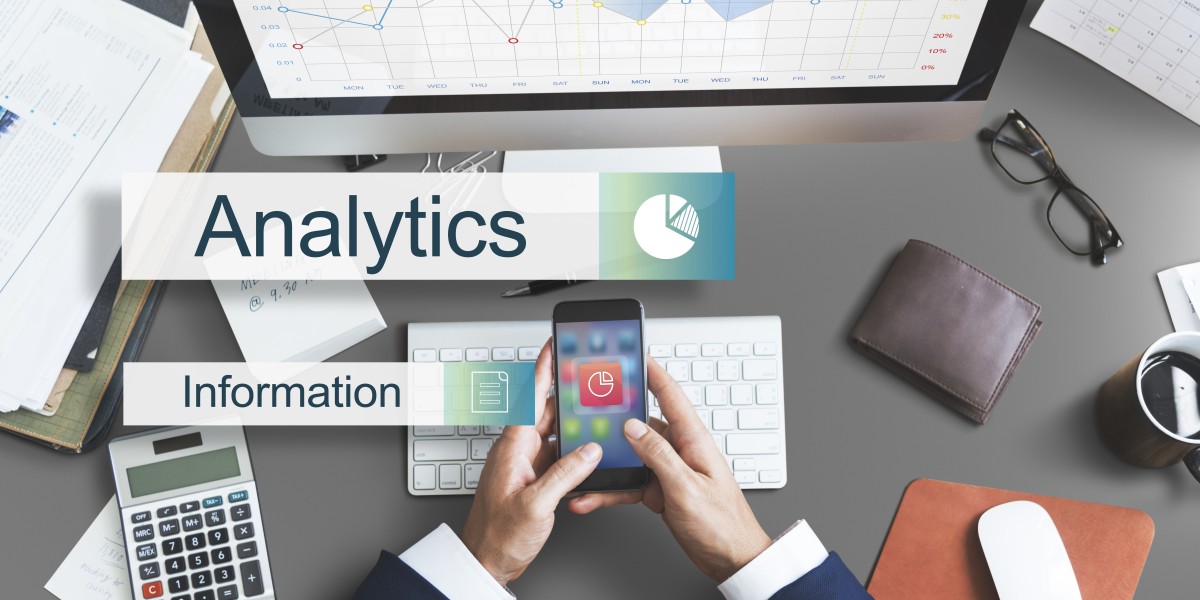In the fast-moving world of social media, speed, timing, and engagement mean everything. Brands are expected to post consistently, analyze performance instantly, and respond to audiences in real time. But managing it all manually can be overwhelming — and that’s where the AI social media manager steps in.
Artificial intelligence is redefining how marketing teams handle social media operations. From automating scheduling to analyzing audience sentiment and optimizing content, AI tools now function as digital assistants that bring both precision and creativity to every post.
What Is an AI Social Media Manager?
An AI social media manager isn’t a single app or person — it’s a smart system powered by machine learning, automation, and data analytics. These platforms manage and optimize social media activities, reducing repetitive work while improving overall strategy.
Essentially, an AI manager learns from audience behavior, identifies the best posting times, predicts which content will perform best, and even crafts tailored captions. It helps marketing teams focus on storytelling while AI handles the numbers and logistics.
How AI Is Changing Social Media Management
1. Smarter Scheduling and Posting
AI tools analyze past engagement patterns to recommend when and where to post. They understand time zones, platform algorithms, and audience activity trends — ensuring your content reaches the most people when they’re most active.
2. Data-Driven Insights
Instead of spending hours in spreadsheets, AI managers instantly generate detailed analytics dashboards. They interpret metrics like reach, impressions, and engagement to uncover patterns humans might miss.
3. Personalized Content Suggestions
AI systems can analyze trending topics, hashtags, and audience interests to recommend content ideas. Some even generate captions, headlines, or hashtags using natural language processing.
4. Real-Time Engagement Monitoring
AI chatbots and automation tools can reply to messages, acknowledge comments, or tag support teams for follow-ups — keeping engagement active 24/7 without missing important interactions.
5. Predictive Performance Modeling
Advanced AI models can forecast how specific content types will perform before they’re even posted — helping marketers make smarter creative choices.
Benefits of Using an AI Social Media Manager
Efficiency and Time Savings
Automation frees marketing teams from repetitive tasks like scheduling, tagging, or generating reports, allowing them to focus on creative and strategic work.
Better Decision-Making Through Analytics
AI analyzes vast amounts of data quickly, delivering insights that guide future campaigns. It eliminates guesswork and helps brands make confident, evidence-based decisions.
Continuous Learning
Unlike static software, AI systems evolve over time. The more they’re used, the more accurate they become — learning from every campaign’s successes and failures.
Consistency and Reliability
An AI manager ensures you never miss a post, deadline, or engagement opportunity. It maintains a steady brand presence across multiple platforms, even during holidays or off-hours.
Personalized Audience Targeting
AI doesn’t just automate — it personalizes. It segments audiences based on behavior, engagement patterns, and demographics to deliver content that feels tailor-made.
Key Features to Look for in an AI Social Media Manager
When choosing the right AI-powered tool, consider features that align with your business goals. Look for solutions that offer:
Smart Scheduling (AI-recommended posting times)
Automated Content Creation (caption or hashtag generation)
Advanced Analytics Dashboards
Engagement Tracking and Sentiment Analysis
AI Chatbots or Auto-Responders
Performance Prediction and Optimization Tools
These features help brands maintain both creative freedom and operational efficiency.
How AI Enhances Creativity — Not Replaces It
A common misconception is that AI replaces human creativity. In reality, it amplifies it. AI handles the data, timing, and optimization — leaving humans free to focus on storytelling, emotion, and authenticity.
For example:
A human creates the campaign concept.
AI identifies when to post, who to target, and which version of the content performs best.
This collaboration between human intuition and machine intelligence leads to campaigns that are not only efficient but also emotionally resonant.
Real-World Applications Across Industries
AI-powered social media management isn’t limited to big tech companies — it’s transforming every industry:
E-Commerce: Automates promotions, product highlights, and retargeting campaigns.
Hospitality: Schedules posts during peak travel seasons and manages reviews.
Education: Helps institutions share announcements and engage students.
Healthcare: Ensures consistent, compliant messaging and real-time patient engagement.
Personal Branding: Assists influencers in planning and optimizing content calendars.
Regardless of industry, the core benefit remains the same — more meaningful engagement with less manual effort.
The Future of AI in Social Media
The next evolution of AI will focus on hyper-personalization and predictive creativity. We’re moving toward tools that not only automate tasks but also understand brand tone and visual identity.
Soon, AI will:
Create posts that match brand voice automatically.
Suggest video edits based on audience retention data.
Recommend influencer partnerships aligned with engagement patterns.
These innovations will make social media marketing faster, smarter, and more precise than ever before.
Challenges and Ethical Considerations
While AI offers immense advantages, it also brings challenges marketers must handle responsibly.
Over-Automation: Relying too heavily on AI can make interactions feel robotic.
Data Privacy: AI tools rely on user data — brands must ensure compliance with privacy laws.
Authenticity: AI can assist creativity, but genuine human connection should remain central.
Balancing automation with empathy ensures technology enhances, rather than replaces, real engagement.
Conclusion
The AI social media manager represents more than just automation — it’s a symbol of how technology and creativity can coexist. It doesn’t eliminate the human touch; it elevates it.
As brands compete for attention in a crowded digital space, those who embrace AI-driven insights while maintaining authenticity will lead the conversation.
In this new era, success isn’t about posting more — it’s about posting smarter. And with AI as a partner, every brand has the power to create, connect, and grow faster than ever before.






